San Francisco 49ers in the United States Partner With PepsiCo to Promote Reusable Cups and Help Tackle Single-Use Plastic Waste
The San Francisco 49ers and PepsiCo have partnered to implement a reusable cup program at Levi's Stadium, revolutionizing the in-stadium dining experience and providing a model for the practical application of circular plastic systems.
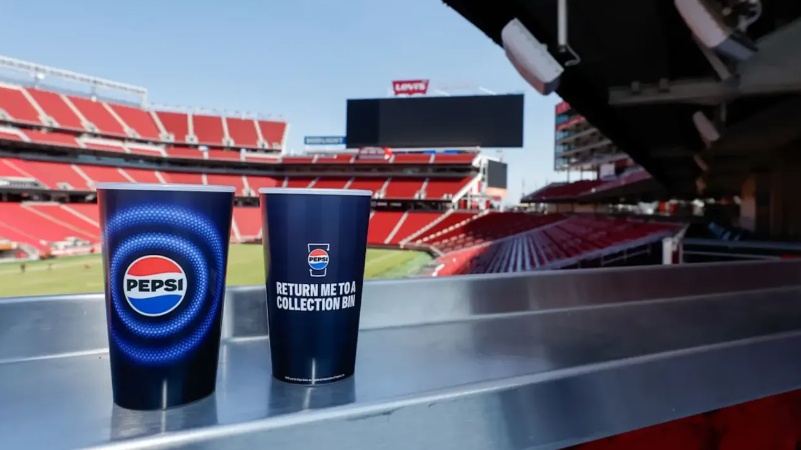
Bold Reuse, a company headquartered in Portland, Oregon, specializes in creating comprehensive reusable packaging systems for sports venues. This time, the company has partnered with sports venue catering service provider Levy to take full responsibility for the reusable cup project at Levi's Stadium — overseeing the collection, sanitation, and redistribution of the cups. By integrating reusable packaging, a precise logistics network, and data-driven operations, Bold Reuse provides circular economy solutions for venues, corporate campuses, and institutions across the United States.
The company chose BPA-free No. 5 polypropylene material (previously used in other venues), highlighting the core advantages of this material in large-capacity catering service scenarios. Polypropylene was selected due to its high strength, durability, ability to accommodate different beverage temperatures, and the sustainability characteristics required for reusable packaging products.
This initiative not only extends and consolidates Levi's Stadium's award-winning reputation in the field of sustainability but also expands PepsiCo's efforts in promoting sustainable packaging solutions globally. It also marks PepsiCo's first collaboration with an NFL team to implement a reusable cup project.
Project officially launched
The project was first launched during the team's first pre-season game in the United Club and Graton Winners Club, which together can accommodate 6,500 fans. After the project is implemented, fans can use durable reusable cups to drink PepsiCo beverages and easily return the cups to designated recycling bins for subsequent recycling, disinfection, and redistribution. This season, Levi's Stadium will host 10 games for the 49ers, and the project is expected to reduce the use of tens of thousands of disposable cups.
Sustainability has always been a core pillar of Levi's Stadium, integrated from the early stages of its design. We are continuously exploring new ways to reduce waste, lower consumption, and cut carbon emissions," said Kevin Hilton, Vice President of Corporate Partnerships for the 49ers. "In addition to other behind-the-scenes initiatives, this reusable cup program further reduces plastic waste and allows our loyal fans to actively participate in our sustainability mission. We are proud to partner with PepsiCo on this program and grateful for their ongoing support of our sustainability efforts."
PepsiCo has participated in multiple reusable cup projects across the United States, accumulating extensive experience. Its global sustainable packaging strategy focuses on reducing the use of virgin plastics, designing recyclable packaging, and supporting recycling and reuse infrastructure to help reduce packaging waste.
"Promoting reuse requires collaboration among all parties and systemic change, making reusable options the most convenient and accessible choice for consumers when enjoying beverages," said Burgess Davis, Chief Sustainability Officer of PepsiCo North America. "Initiatives like this can provide important insights into how such transformation can be achieved on a large scale, while also delivering immediate results in waste reduction. Sustainability is truly a team effort, and we appreciate the 49ers' collaboration in this endeavor."
This reusable cup initiative further demonstrates the 49ers’ ongoing commitment to sustainability.
In 2023, the team launched the "Faithful to the Planet" initiative, an innovative partnership alliance dedicated to sustainability and environmental protection, collaborating with globally renowned brands to promote environmental stewardship. This initiative by the 49ers supports the restoration of redwood trees, the removal of plastics from rivers flowing into the ocean, the planting of new trees in Africa, and other green-themed fan engagement activities.
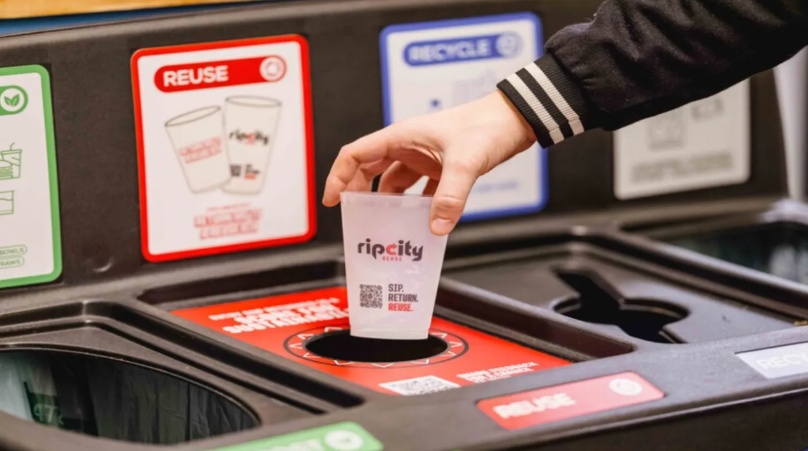
RFID technology assists in tracking reusable cups.
In another project, Bold Reuse recently partnered with Avery Dennison to launch a two-month pilot program applying Radio Frequency Identification (RFID) technology for smart tracking, monitoring the entire lifecycle of reusable cups — from distribution and collection, to cleaning cycles, and finally disposal.
The pilot program is set to launch in June, covering Bold Reuse’s cleaning center in Portland as well as two major sports venues in the city: the Moda Center, home of the Portland Trail Blazers, and Providence Park, home to the Portland Timbers and Thorns. Together, these venues receive more than 2 million visitors annually.
This pilot not only focuses on basic inventory tracking but also represents a crucial step forward in advancing a smarter, data-driven reuse system. With the help of RFID technology, Bold Reuse and its partners can obtain item-level data to understand the circulation path of cups within the system, identify where losses occur, and analyze how user behavior impacts the recycling rate.
Bold Reuse indicates that these insights are key to improving operational efficiency, reducing waste, and enhancing the fan experience. Ultimately, the data collected from the pilot will help develop more effective reuse strategies and support sports and entertainment venues in achieving broader sustainability goals.
"This pilot aims to unlock operational intelligence at scale," said Bold Reuse CEO Jocelyn Quarrell. "With RFID, we can track the full journey of each cup, providing transparency and performance metrics for our partners, making reuse as seamless and scalable as possible."
Fixed RFID readers installed at key locations in the service center, as well as handheld devices used at partner venues, will passively collect critical data in the pilot, including:
Recycling rate and loss rate of cups.
Average number of washes per cup;
Inventory dwell time
The proportion of scrapped, rewashed, or damaged cups.
Data is crucial to the success of reusable products and forms the foundation of the reuse economy. This data will help Bold Reuse optimize service center operations, reduce waste, and extend product lifespans, ultimately making their clients’ reuse programs more cost-effective and sustainable.
Michael Colarossi, Head of Corporate Sustainability at Avery Dennison, stated that Bold Reuse is paving the way for smarter reuse systems.
"We jointly offered a scalable item-level traceability solution that achieves real-time accountability and transparency during the reuse process," he said. "This is thanks to our unique expertise in material science—especially in high-performance adhesives—as well as our deep understanding of RFID technology. We ensure that the products can withstand repeated washing without compromising the RFID functionality, allowing consumers to reuse these products repeatedly."
【Copyright and Disclaimer】The above information is collected and organized by PlastMatch. The copyright belongs to the original author. This article is reprinted for the purpose of providing more information, and it does not imply that PlastMatch endorses the views expressed in the article or guarantees its accuracy. If there are any errors in the source attribution or if your legitimate rights have been infringed, please contact us, and we will promptly correct or remove the content. If other media, websites, or individuals use the aforementioned content, they must clearly indicate the original source and origin of the work and assume legal responsibility on their own.
Most Popular
-
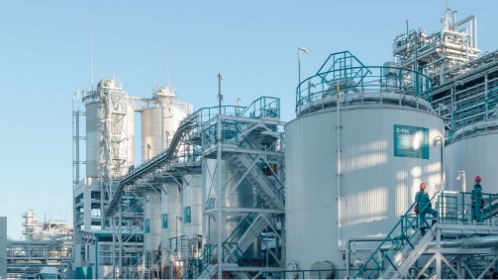
Four Major Chemical New Material Giants Sell Off and Shut Down Again!
-
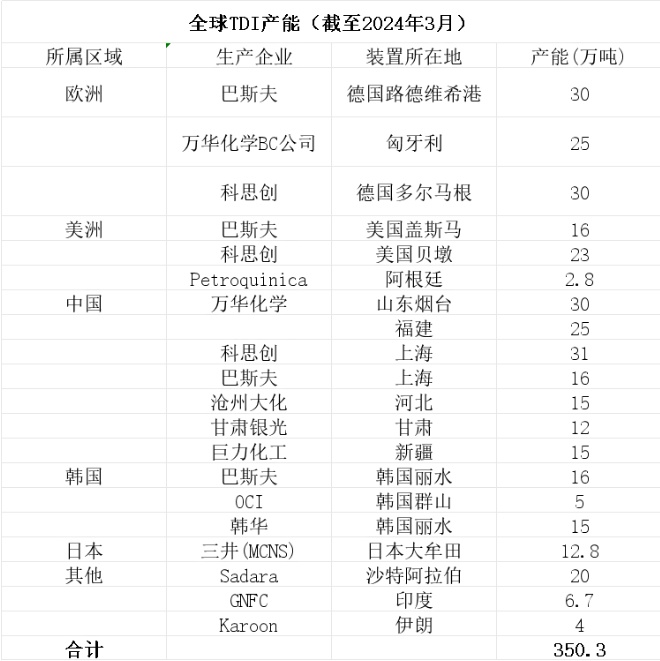
Covestro faces force majeure!
-
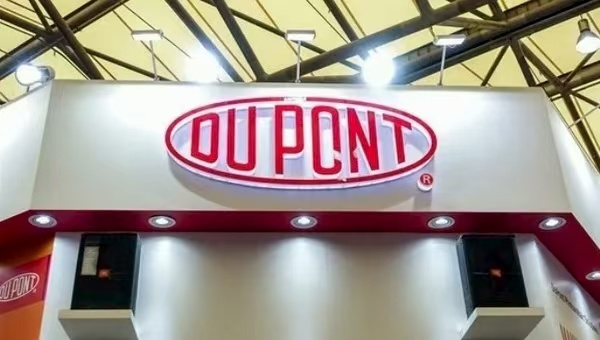
DuPont to Spin Off Nomex and Kevlar Brands for $14.4 Billion: Is Aramid Fiber Still Attractive?
-
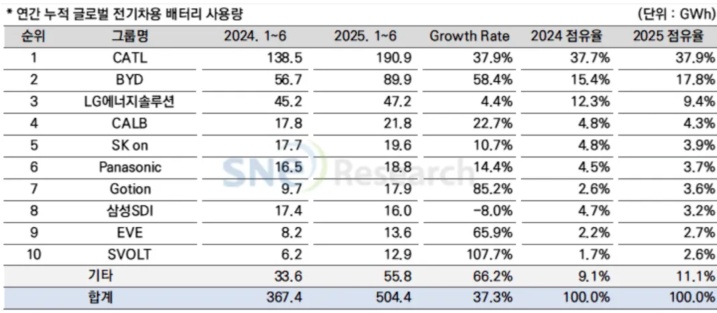
Massive Retreat of Japanese and Korean Battery Manufacturers
-
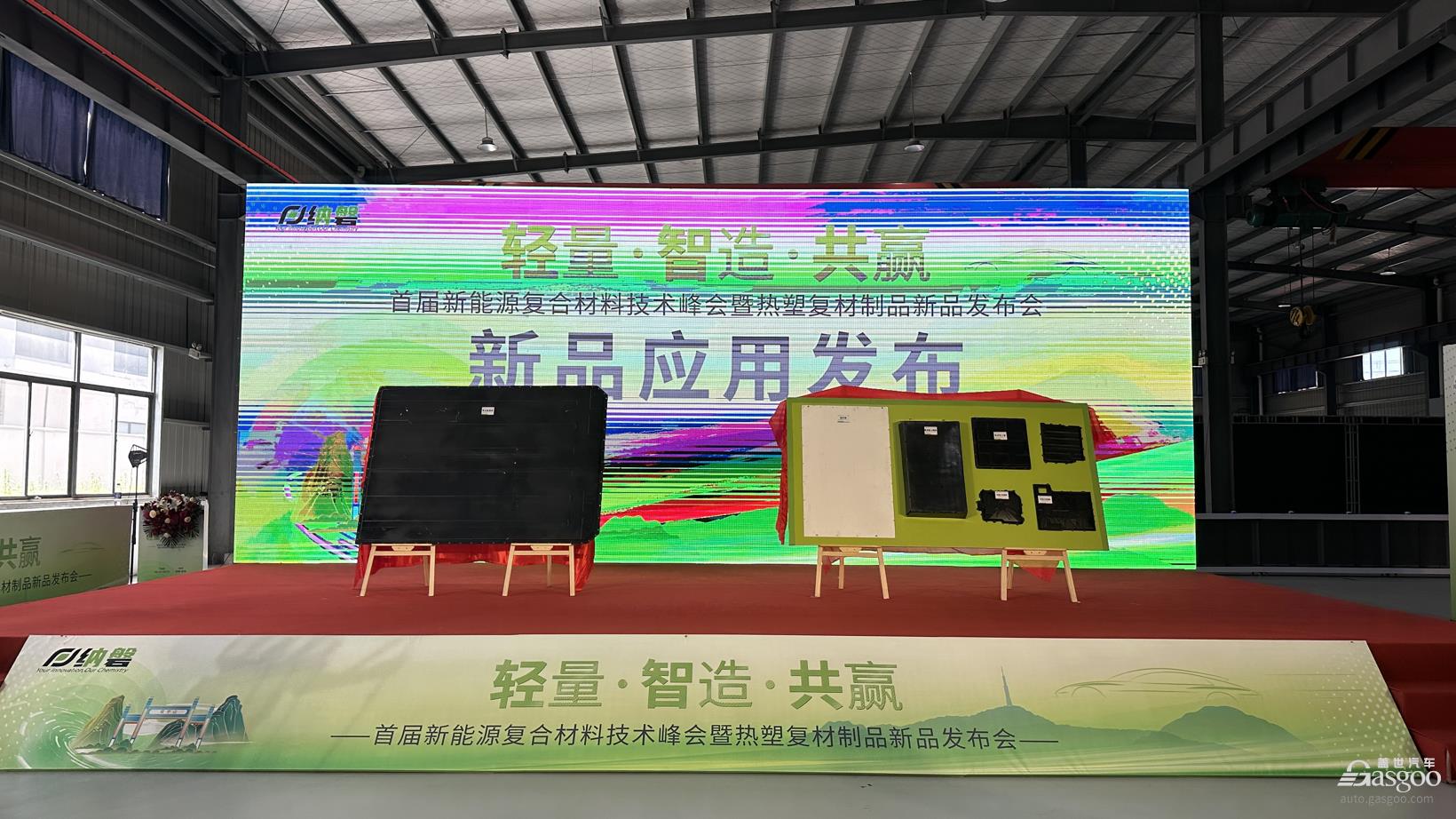
Napan Unveils Thermoplastic Composite Three-in-One Power System Solution, Battery Cover Weight Reduced by 67%



